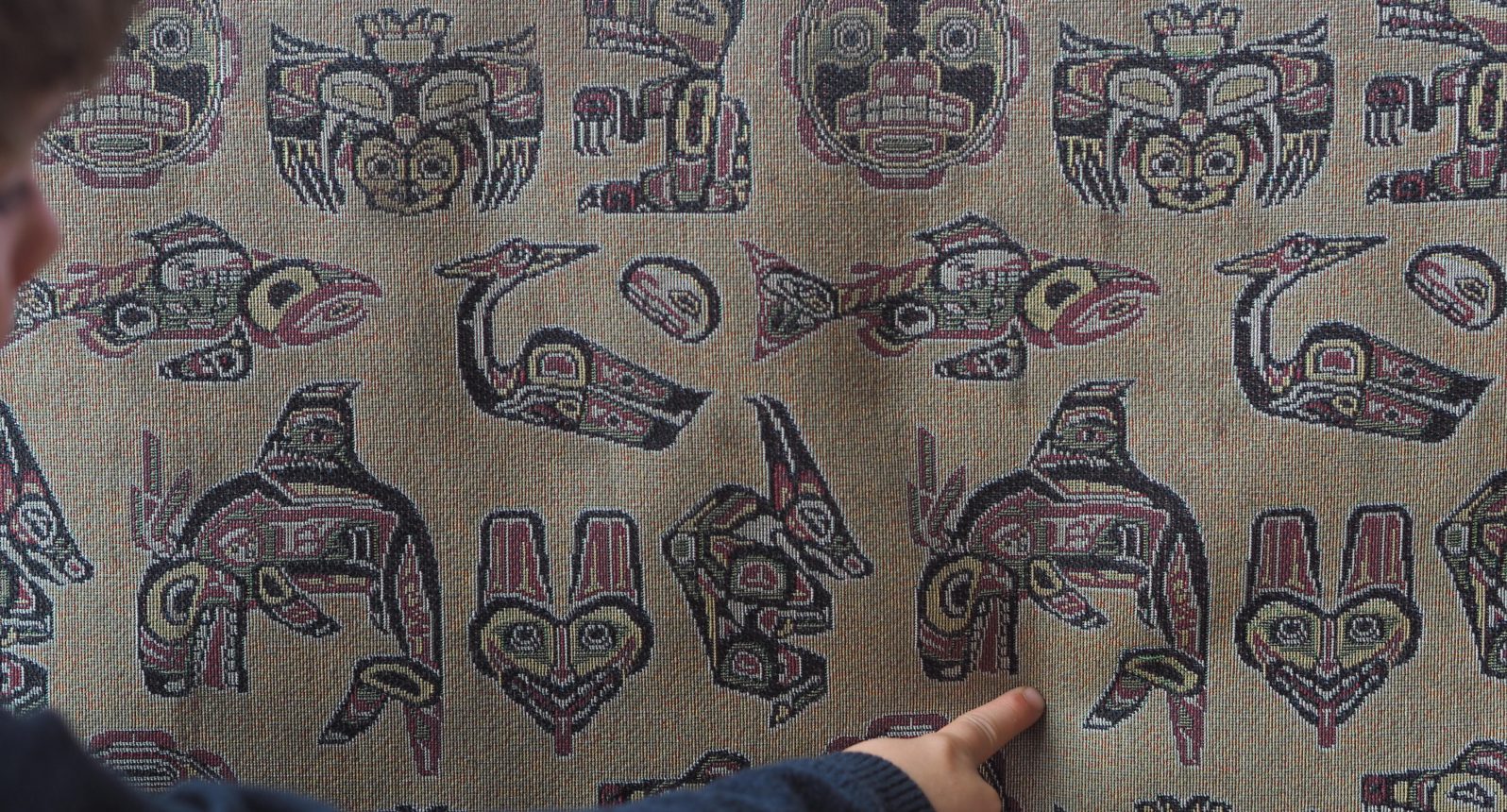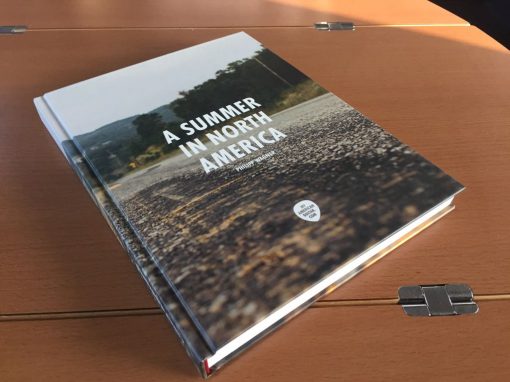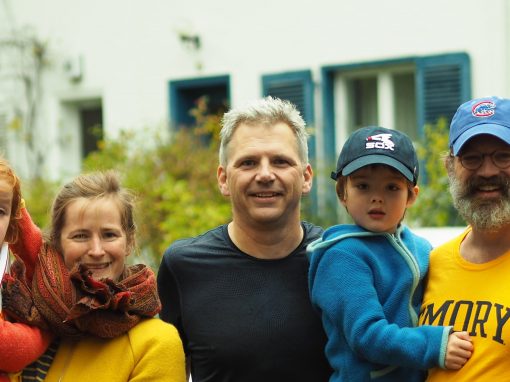As my wife and I sit on the beach at Neah Bay in the Makah Reservation, unstructured thoughts about Native Americans cross our minds.
What happened back then? How did it come to this? Who came up with “manifest destiny” – the belief on the part of white Americans that they had the right and duty to own and settle the North American continent? How does it fit into the big American dream that this country – as one of my American friends in New York put it – was built upon the extinction of one race and the subduction of another.
I remember 15 years ago on the occasion of a several weeks tour I did with a friend in the South West of the USA sharing my sadness with one of our (white Anglo-Saxon protestant) hosts one night about the fate of the Native Americans. To my great anger and frustration – which I suppressed at the time – he commented that he was also sad: about their incapability to adapt to their new world.
So here, we are, 15 years later, at the beautiful beach resort of the Makah nation, wondering about where this all stands. And we find that we have mixed thoughts and feelings. This continues throughout the next days as we continue our journey further down the Pacific Coast to the Quileute tribe in La Push.
On the one hand, we appreciate the pride and strictness with which both tribes clearly communicate to their guests their rules on human interaction on their premise which includes not taking pictures or even drawing sketches of tribal objects. At the same time, we wonder why we do perceive only little entrepreneurship. The Quileute more than the Makah seem to have found a way to commercially explore their “intellectual property”, but we sense it could be more. Why do these two proud nations of whale and seal hunters not find more visible ways to combine their tribal traditions with modern commerce and technology?
Maybe the answer is that it is just not combinable? This is my feeling especially as we partake at a drum group session of the Quileute on our last night in La Push which is an eye and heart opening experience. The nice lady at the Coffee Shop on the Campground had told us about the opportunity for Non-natives to join this very private tribal event.
As more and more people with hand-drums and drumsticks gather in a small gymnasium between six and seven at night on a Wednesday, a young woman prepares a dinner buffet for everyone, children run around, everyone seems to be here in quiet anticipation. When enough people have gathered, an elder gets up and stands in one corner of the gym, greets everyone aloud, and starts drumming, together with other men who join him in that corner. Beating their drums, chanting somewhere from deep down inside them, their lips barely moving, their upper bodies moving to the rhythm of the music.
Other sessions follow as a young man of maybe 25 takes the lead in the drum group. Before starting, he walks up and down his corner of the room, like a panther in a cage. I can sense his anticipation and excitement as he beats his chest with his drum stick, getting ready. Then he invites the other drummers and “the dancers” to join him, and the women step up, some of them a wooden paddle in their hand, and while the drummers pick up their drumbeating, the dancers move to the beats in a long chain of bodies, doing as if they were paddling in a canoe, among them older and younger women and little girls.
Most impressive is a mourning chant that follows in honor of a deceased member of the community as I understand it. Almost the entire community assembles in that corner of the gym, women and men chanting to the beat of the drums, and it feels like a service to something greater. It appears to me as if I was witnessing a possibly more than several thousand years old ceremonial culture that has been there long before the modern world started to push it away, or, as my father would put it, when we in Europe still “sat on trees”.
We leave this venue very quietly and pensively. Maybe, these old cultures are not meant to be merged with a modern one. Maybe, they just have to fight their constant battles for co-existence. From mouth to mouth. And from generation to generation. May their spirit be strong and their determination never-ending.





Rolf
3 July 2017 at 14:46
The important thing is to smoke the same stuff as the natives!